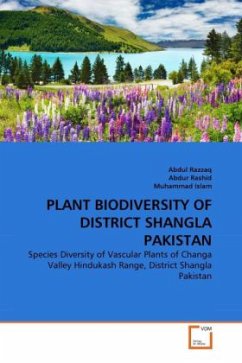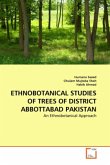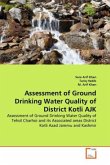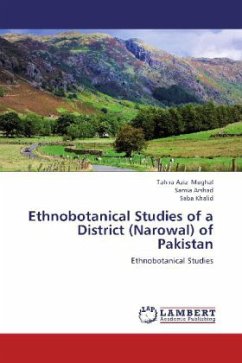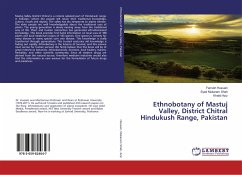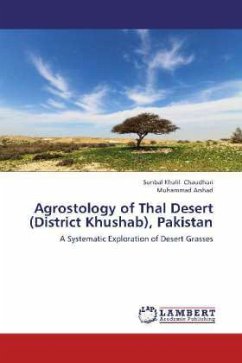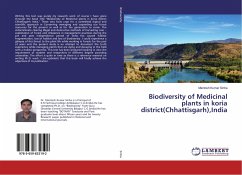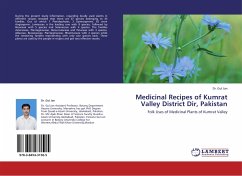The botanical expeditions to change Valley, District Shangla, Pakistan, were made during April 2004 to September 2005. The main aim of the study was to explore plant biodiversity of the area. The study documented 172 plant species, distributed across 65 families and 139 genera. Pteridophytes were represented by 7species and 5 genera, belonging to 4 families. Gymnosperms consisted of 7 species of 6 genera belonging to 2 families. Angiosperms were represented by 59 families; of these 143 species of 116 genera in 53 families were dicots, while 15 species of 13 genera in 7 families were monocots. The most important and prominent families in terms of species diversity were Rosaceae (18 species), Lamiaceae (13 species), Asteraceae (10 species) and Poaceae (7 species). The Plant Biodiversity of the area is under heavy biotic pressure of grazing, fuel wood collection, deforestation, habitat fragmentation, medicinal plants collection, over consumption of resources and spread of alien invasive species. The lack of an efficient environmental legislation, awareness and education are root causes which enhance the loss of plant biodiversity in the area.
Bitte wählen Sie Ihr Anliegen aus.
Rechnungen
Retourenschein anfordern
Bestellstatus
Storno

